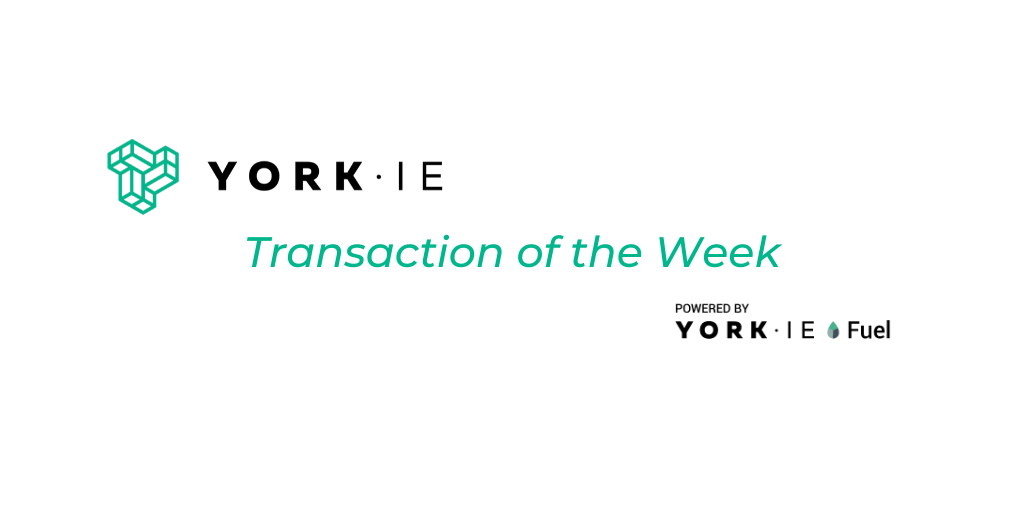This week, automation software company Nimbly announced the completion of a $4.6M Pre-Series A funding round led by Insignia Ventures Partners, with participation from Sovereign’s Capital and Saison Capital. Since being founded in 2018, the Singapore-based company has successfully raised $5.7M in capital to allow for expansion across Southeast Asia and continue growing its product offerings. Nimbly currently has hundreds of clients across seven different countries but hopes that the added capital will allow them to continue expansion efforts across southeast Asia and into more untapped markets.
Why this transaction?
The York IE team chose this as our transaction of the week to discuss the growth of SaaS technology across different markets and how companies, like Nimbly, are creating solutions for a wider breadth of target users. Originally designed to replace spreadsheets, emails, and messaging apps, Nimbly has created an all-in-one platform for users to monitor checklists, perform audits & access live videos to ensure operating standards across physical locations for customers like KFC, 7-Eleven & Under Armour. All these platform features play into larger themes of automation & ease of use occurring in the SaaS technology market.
Since the pandemic we have seen SaaS adoption explode across industries; many of the companies that operated with cloud resources were able to transition smoothly into work from home environments. With the relationship between SaaS and successful scaling now clear, we see the broader market begin its SaaS adoption in droves. For example, many companies with physical retail locations have begun utilizing SaaS solutions to automate the daily operational needs of their storefronts. By implementing SaaS solutions, these storefronts and their employees have gained robust visibility and cost-efficient data collection; these benefits drive conversion rates, prevent tracking issues via audits, and enhance customer experience while shopping. In previous TOW blogs, we’ve discussed how SaaS solutions can help startups and other companies become more efficient and scale properly; as the adoption of SaaS technology continues to grow rapidly, we will begin to see the technology’s benefits affect a broader audience of users and markets. We expect to see continued adoption of SaaS solutions and automation tools across new industries like food and beverage, retail, agriculture, and many other physical retail establishments.
Bringing Automation to New Markets
As we mentioned previously, we see SaaS adoption continuing its staggering pace into new markets/use-cases. Originally designed for corporate tech stacks, SaaS solutions have proven to be useful for a wide range of companies and use-cases. Through SaaS solutions, users can gain valuable insights and experience painless scalability for their operations; additionally, SaaS solutions, which are typically deployed through the cloud, offer low conversion costs and maintenance requirements. Taking the use case from above, we decided to collect data relating to funding rounds of SaaS automation tools through our Fuel Platform. Listed below are the results:

As is illustrated above, automation-focused SaaS companies have increasingly been raising capital rounds which confirms the earlier point we made of SaaS being applied to multiple use cases/target audiences. With SaaS adoption and digitization expected to continue into the future, we expect to see similar data and continued growth in SaaS technology as more organizations and markets begin to employ technology in operational tasks.



